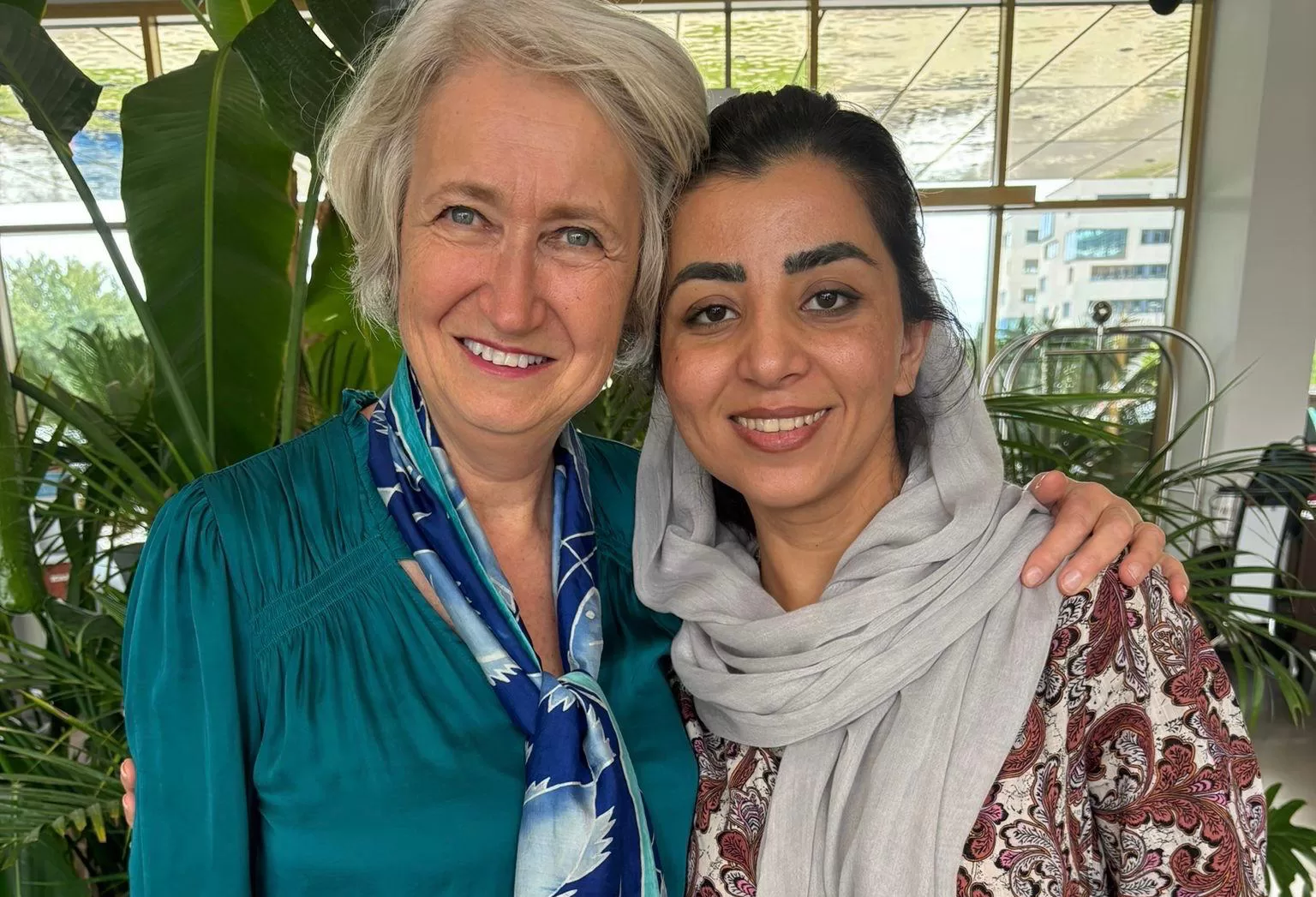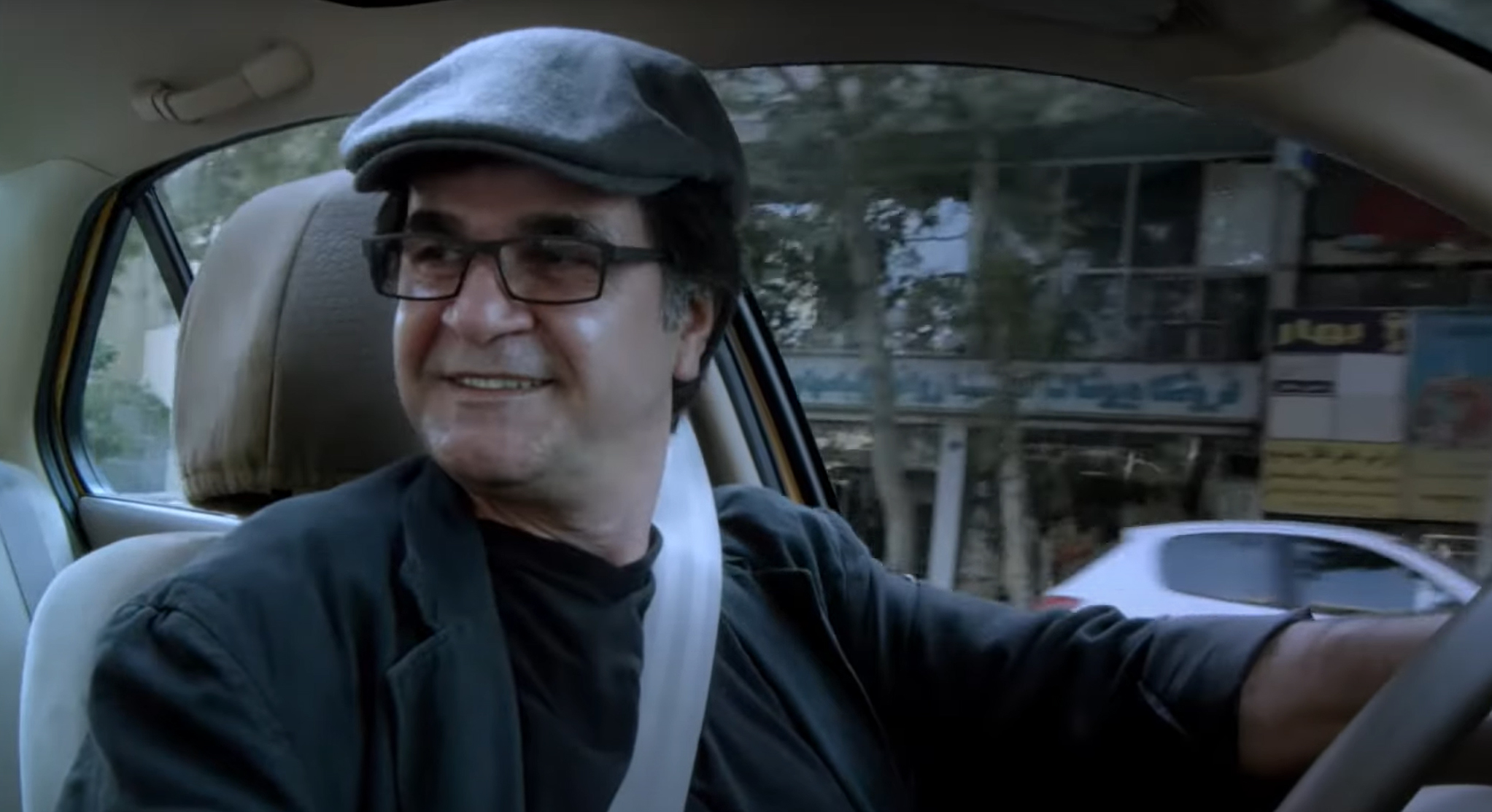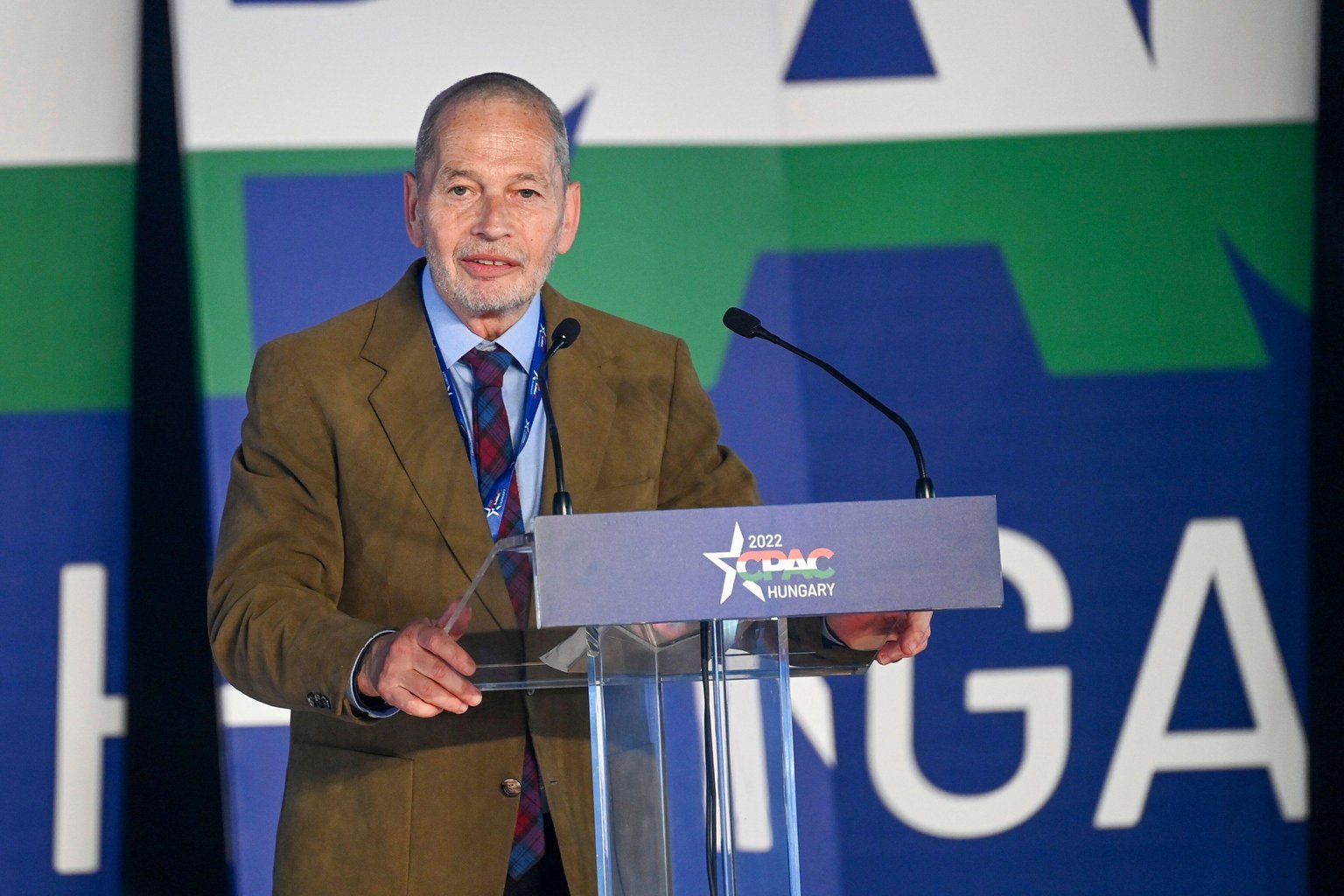Everything Afghan women do this week in Tirana, Albania is forbidden to them at home. Arguing. Laughing. Speaking loudly in public. Singing. Wearing brightly coloured clothes. Showing their faces. All haram according to the men from Kandahar who currently hold power. As the Taliban move to erase women across Afghanistan, in Tirana Afghan women are asking, how do we fight back?
“Until now we have been unable to sit together and listen to each other, and understand what do we want?” said Farzana Kochi. At 26, she became one of Afghanistan’s youngest MPs, representing her nomadic Kochi people. Like most of the women at the summit she was forced to flee Afghanistan when the Taliban seized power in 2021. Now aged 33, she lives in exile in Norway.
The last time I saw her, she was taking me to meet her constituents. It was May 2021, a few weeks before the withdrawal of US troops, the collapse of the government and the return of the Taliban. She was used to Taliban death threats – we travelled in a bullet-proof car, and she had been careful not to signal her movements in advance. When we arrived at the Kochi encampment, she distributed notebooks and pens to the children, but there was no school for them to attend – neither for boys nor girls. The women remained in the tents, as the men would not let them be filmed. Women’s rights, Farzana explained, had scarcely spread beyond the city limits – her work was mainly trying to alleviate poverty. In this she had the trust of the Kochi elders. “Why wouldn’t we vote for her?” one said to me. “She’s like our daughter. And she’s the only politician who comes to visit us and see our problems.”
That day, Farzana wore a brightly coloured traditional Kochi dress. After the Taliban takeover, she sent me a picture of herself in a black niqab, with only her eyes showing – the costume she wore to escape Afghanistan after the Taliban raided her office. Now, when she calls home, all her former constituents’ problems have been magnified. They are still just as poor and no politicians or NGOs are there to help them.
“It’s worse than ever,” she said. “The first thing people say is that they want to get out, to leave Afghanistan.”
According to Farzana, the priority for the women meeting in Tirana is to unite, and not let political or ethnic divisions distract them. “No matter if I’m Pashtun, I’m Kochi, I’m Uzbek, I’m Hazara, or whatever – we are targeted as women. We are all victims of the same thing.” She hopes the summit will produce a roadmap for Afghan women to present to international governments and the UN. No-one at the summit has any illusions about how long and rocky the road. For the moment, the Taliban feel secure as their opponents bicker about whether to engage or not. But until Afghan women decide how they want to resist, inside and outside the country, nothing will change.
At the end of the week, those women who came from Afghanistan will return. An older woman, who didn’t want to reveal her identity for fear of reprisals, said she would go back to give hope to younger women, to remind them that the Taliban fell from power before and will do so again – as well as to continue helping widows and orphans. Women are establishing underground schools for girls – just like the one Farzana attended back in the 1990s when she grew up under the first Taliban government.
The exiled women will scatter across the globe.
“No matter how many years go by, I will still cry,” Farzana said, fighting back the tears. “This wound is so deep and so fresh. Wherever you are, you can just live and settle. But you have all those weights on your shoulders. A country of millions of people is not something that you can give up on.”
Watch Lindsey Hilsum’s report for Channel 4 here.






